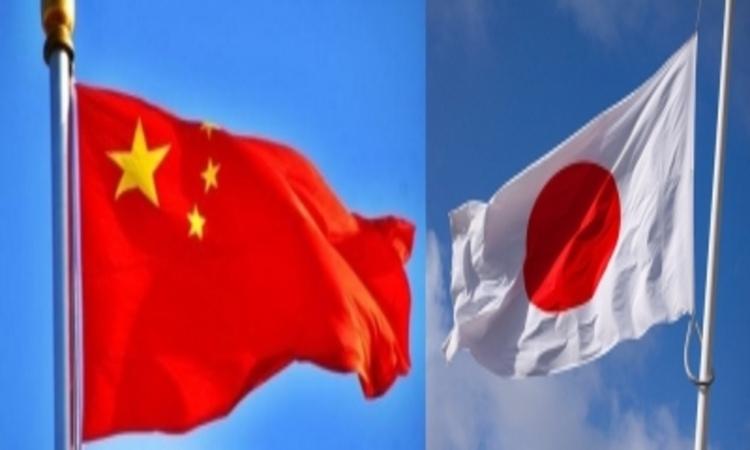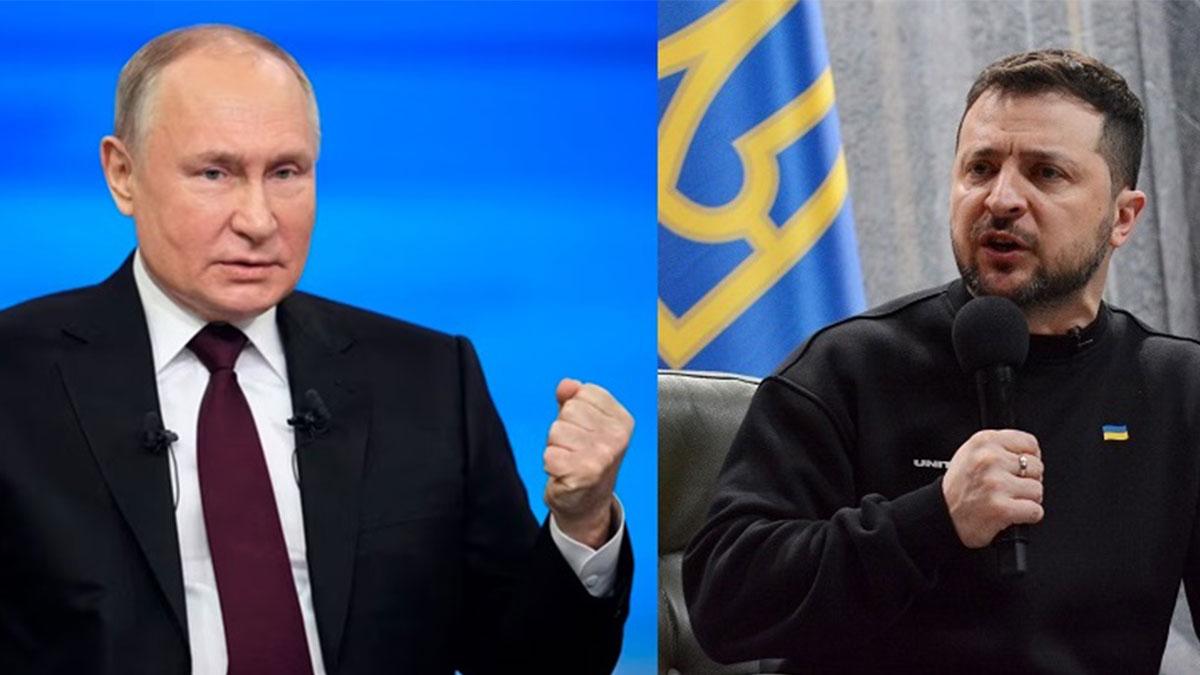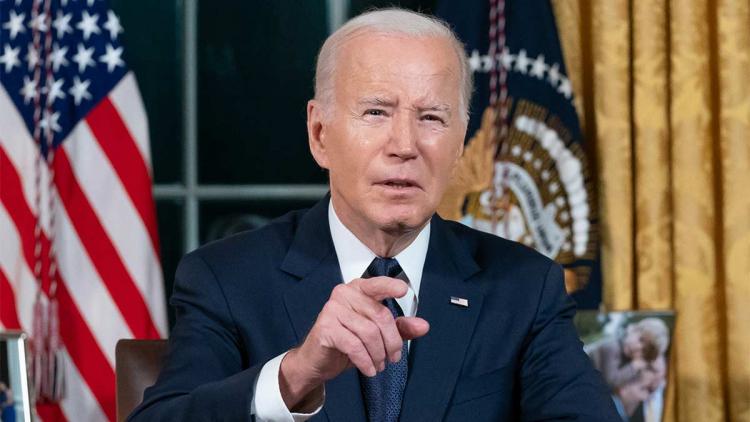Later days, the Chinese communist system, which was ridden with crises, turned the hatred of Chinese people against the government and internal conflicts elsewhere to prolong the life of this system by gradually expanding the atmosphere of Chinese chauvinism and nationalism. For this purpose, a lot of historical movies were produced to brainwash people, along with aggressive political propaganda and projects of re-engineering, etc.
These movies depicted how great the Chinese race and their ancient civilization are, in tandem with the movies about WWII (some of which were about foreign invasion prior to this period), in which the Japanese were demonized in an exaggerated way to reinforce the collective hatred of the Chinese against them. In these films, the Chinese were portrayed as victims of atrocities whereas the Japanese were portrayed as inhuman, violent, and monstrous.
Also Read | I don't know how much longer my country will exist: Ukraine President
I will briefly compare the "inhumaneness" of the Japanese with the "humaneness" of the Chinese. There was a story in a TV film: a communist Chinese was arrested and put in jail by the Japanese. The Chinese outside of the prison planned to rescue him. To make the plan successful, the Chinese must get sick pretentiously and be brought to the hospital. Therefore, the communists sent this message secretly into the prison, asking him to play sick and to get a chance to be taken to the hospital. The communist pretended to be sick. The Japanese, as expected, took him to the hospital. The rest of the story is not relevant to our topic here.e Let us keep in mind that the vilified Japanese urgently took the communist Chinese as or despite being an enemy to the hospital and look at what the humane Chinese did:
It was either in 2014 or in 2015 that an old Uyghur man was arrested in a hospital in East Turkistan. At that time, he had an intravenous drip on his arm. The drip was brutally removed, and he was taken to prison. What was his crime? The old man scolded his son for drinking alcohol and asked him not to drink anymore, for which they quarrelled. More interestingly, this event happened a year ago, but the Chinese, who found it later, considered it a "special crime" of "asking his son not to drink alcohol", on the basis of which they put him in prison.
If the "inhumaneness" of the Japanese is compared to the "humaneness" of the Chinese, we can get a lot of interesting results. If we consider that the Japanese arrested the Chinese communist as an enemy in a serious situation, and, more importantly, that he was a part of the oppositional force in time of war, then it means that they took their enemy to the hospital. But what about the Chinese? The inhuman behaviour of the Chinese happened not in time of war but of peace. Apart from that, the old man was not an enemy in the strictest sense of the word. The Chinese could even say this from their point of view.
For, from their perspective, Uyghurs were Chinese citizens. If that is the case, then they were not a part of the oppositional force, and it was not a war situation. Nor was there any hidden hostile situation. In addition, the reason for the arrest of him for his "special crime" is noteworthy: what kind of a government considers this as a crime? There is another point worth considering -- the urgency of the arrest that is mind-blowing. Despite the fact that it happened a year ago, and that the criminal was an old man, with no ability to move, lying in bed as a patent, he was dragged out of his bed to be taken to the prison in a hurry without waiting for the intravenous drip to finish. This could remind us of a dangerous bomb which would go off immediately and urgently. Look at the "humanness" of the Han Chinese. While the "inhumane" Japanese took an enemy from the prison to the hospital, the "humane" Chinese arrested an ordinary person at a hospital and put him in prison. Certainly, we can find lots of examples like this.
In these movies, there are also some laments here that the Japanese used some hazardous chemicals materials to try wiping out the Chinese race and took away Chinese kids to raise them as Japanese, etc., as "the tragedies that have befallen the Chinese people."eIf we analyze this, we must consider the fact that it was a time of war, during which both parties were an enemy to each other, and they were driven by the desire for winning the war -- by the necessity to win against the other.
In that context, the excessive use of some measures could turn out to be justifiable, to a certain extent. However, during the time of peace, is not the use of chemical weapons on its own citizens (not enemies) as part of the extermination programs and the stealing of the Uyghur kids exceeding the behaviour of the Japanese? According to some estimates, the number of the Uyghur kids, who have been stolen and disappeared from East Turkistan, exceeds more than 3 million.
Also Read | 'Spider-Man: No Way Home' set for digital debut; Tom, Andrew, Tobey recreate iconic meme
There is another point -- in these movies dedicated to vilifying the Japanese, there are some good Japanese sympathizing with the Chinese. However, the Uyghur tragedy, which has lasted for more than a half century and that has culminated today in the form of genocide, has not seen any Chinese inside and outside of this heinousemodus operandieto sympathize with the Uyghurs. On the social media of the Chinese, instead, we can see not only the praises the ordinary Chinese are pouring on the execution of this murderousemodus operandi, but also their urgent and hysterical calls for the acceleration of this process.
Even the self-claimed Chinese democrats, who have been acting in the West with an aim to take over the government from the Chinese communists and who are considered and sympathized by the Western countries as "democrats", are sharing the same goal with the executors of the Uyghur genocide. From this, we can conclude that all Chinese are similar on the East Turkistan issue. They are also similar in the goal to wipe out the colonized peoples to occupy their land. This similarity makes their "humaneness" lower than the "inhumaneness" of the Japanese.


















